Filter products
Vitamins
Vitamins form the basis of many vital bodily functions and are essential for our health. They are the building blocks of growth, metabolism and immune defence. A balanced vitamin intake ensures that your body gets the nutrients it needs in sufficient quantities to function optimally: A sensible diet rich in essential vitamins such as B12, C and D3 will support your overall health. By targeting your intake of these vitamins, you can help your body strengthen its natural defences and promote a balanced sense of wellbeing.
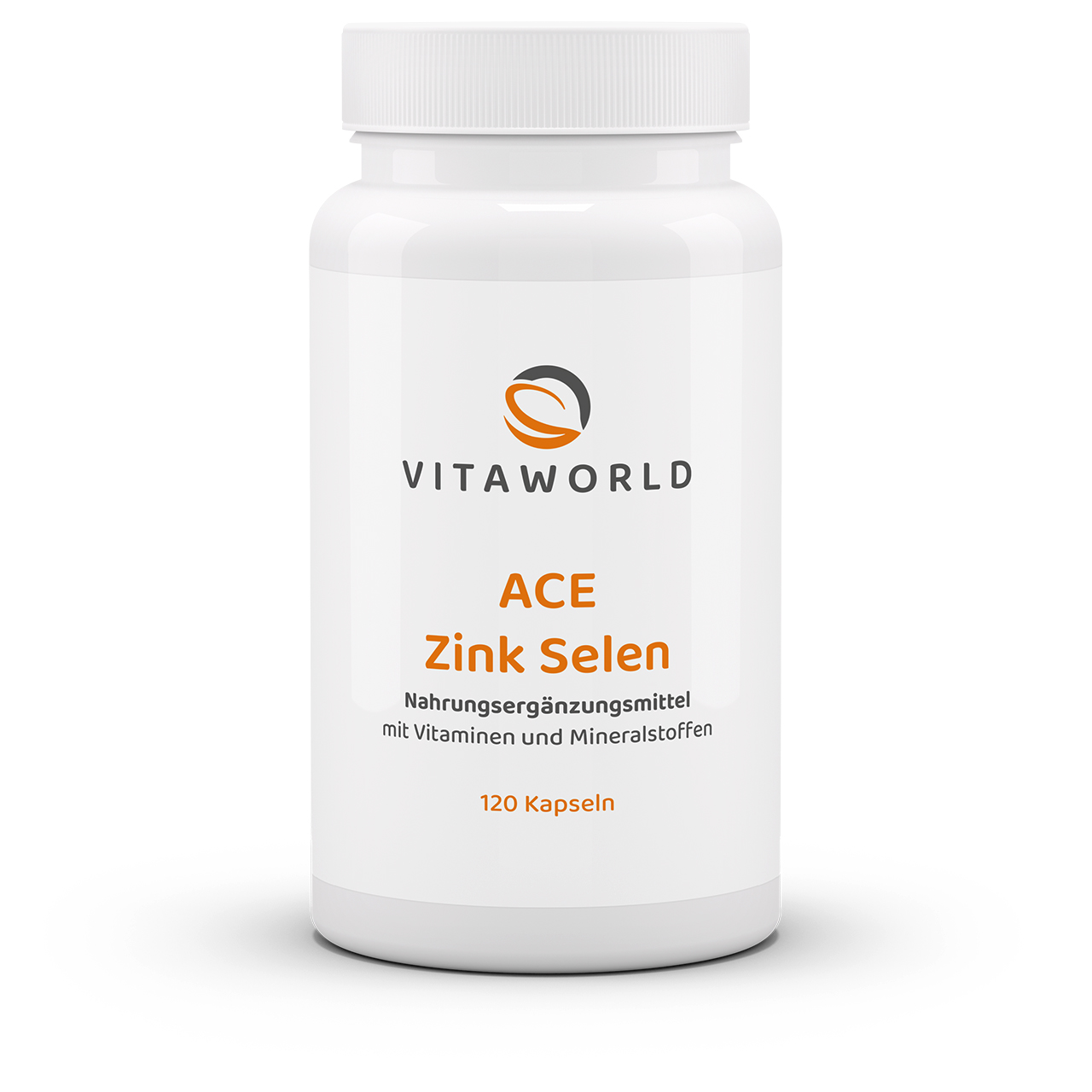
- Your daily protective shield – Feel confident throughout every season with vitamins A, C, E, zinc and selenium
- Radiance from within – Vitamin C protects cells from oxidative stress
- More energy, less fatigue – Vitamin C supports energy metabolism
Content: 0.048 Kilogramm (€289.58 / 1 Kilogramm)

- High-dose biotin for skin, hair and nails – your daily beauty formula with 10 mg biotin
- With zinc and selenium for cell protection and the immune system
- 365 tablets – your daily supply for a whole year
Content: 0.0913 Kilogramm (€174.15 / 1 Kilogramm)
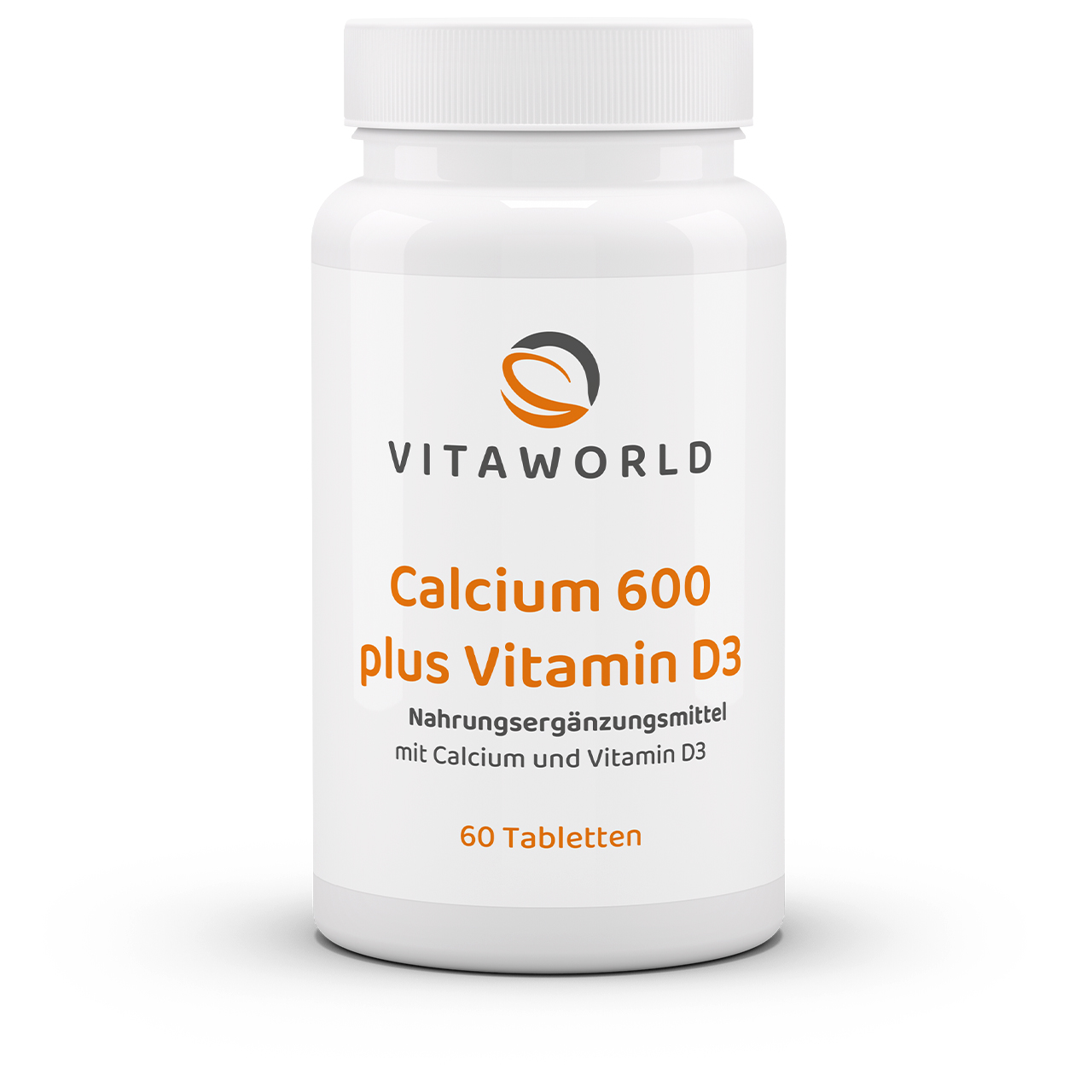
- Strong foundation – calcium for normal bones and teeth
- Better absorption thanks to vitamin D3 – supports calcium absorption in the body
- More than just bone protection – also important for nerves, muscles and blood clotting
Content: 0.1068 Kilogramm (€111.42 / 1 Kilogramm)

Not available outside Germany.
Content: 0.375 Liter (€122.40 / 1 Liter)

- Pure berry power: 400 mg cranberry powder per capsule
- With vitamin C: 75 mg per capsule – to support the immune system
- Ideal for every day: A fruity supplement for your daily routine
Content: 0.102 Kilogramm (€195.10 / 1 Kilogramm)
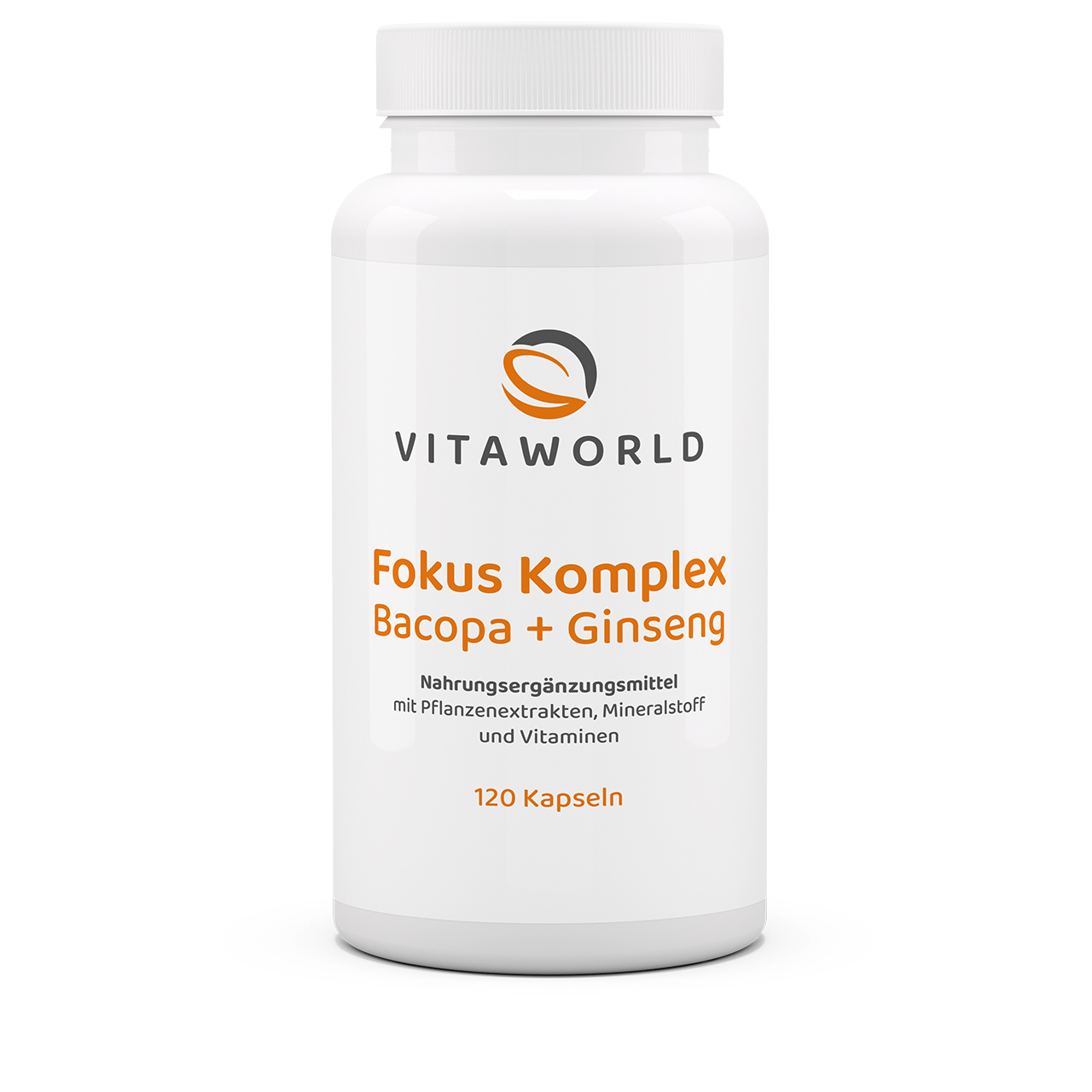
- With ginseng, ginkgo and bacopa – traditional plant substances in a new combination
- With B12, magnesium and folic acid – for mental health, nerves and energy
- Clear formula – plant-based, carefully selected, responsibly produced
Content: 0.0452 Kilogramm (€661.50 / 1 Kilogramm)
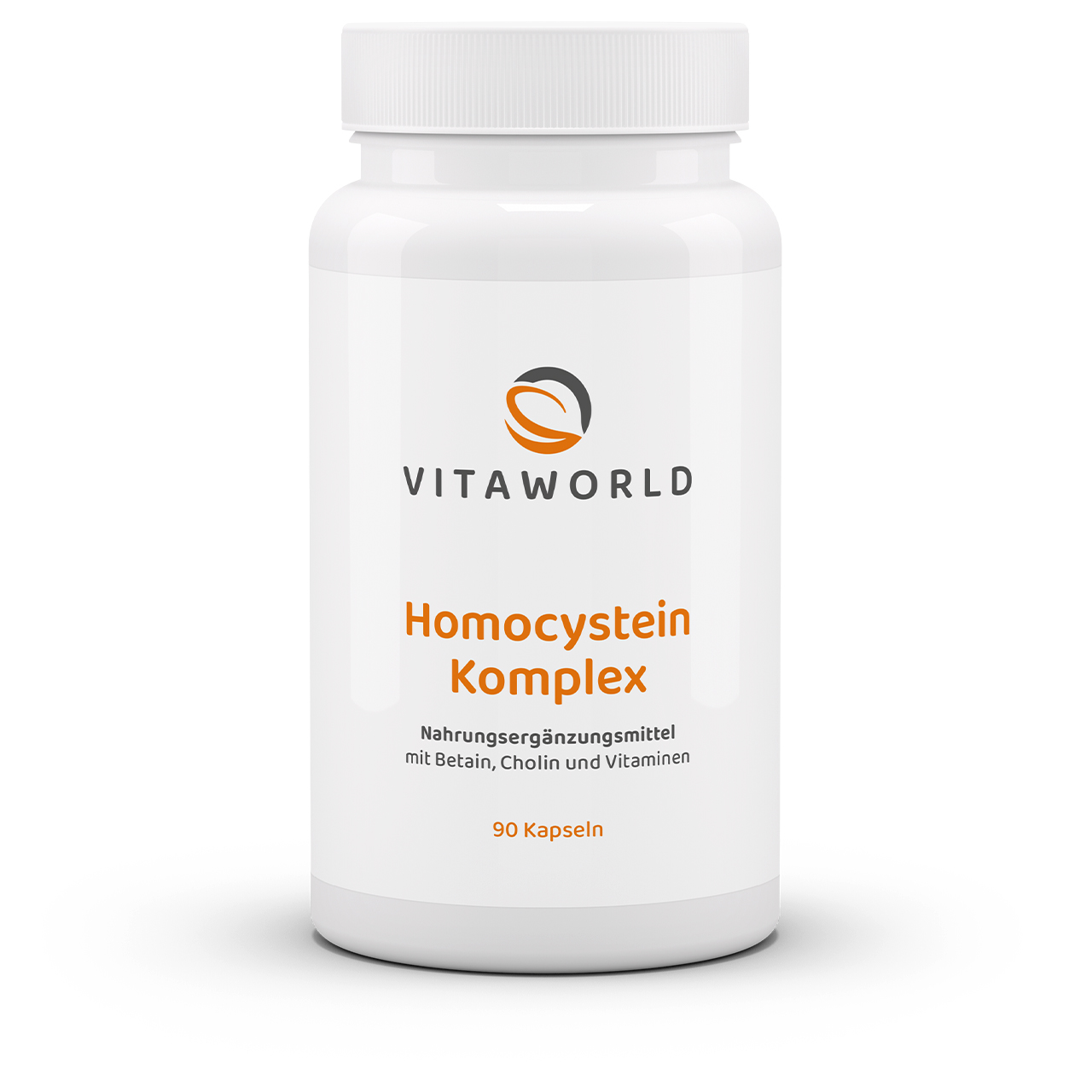
- Synergistically combined – with B6, B12, folic acid, betaine & choline
- To support normal homocysteine metabolism – scientifically proven dosage
- For more balance in the body – specifically formulated for your well-being
Content: 0.0716 Kilogramm (€305.87 / 1 Kilogramm)
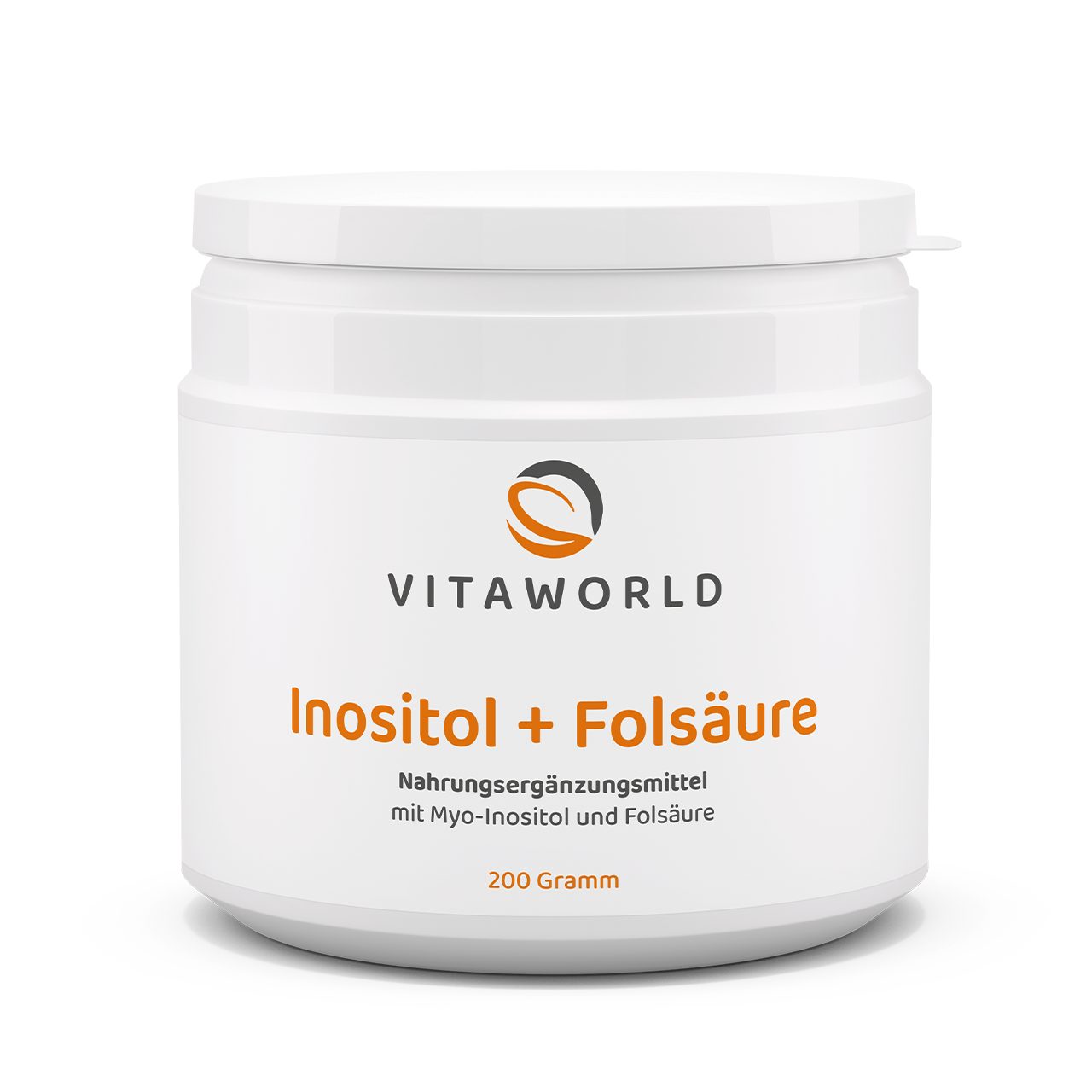
- 4.8 g myo-inositol + 800 µg folic acid per daily dose – perfectly combined
- Folic acid contributes to normal psychological function and cell division
- Pleasantly sweet taste – versatile and easily soluble
Content: 0.2 Kilogramm (€124.50 / 1 Kilogramm)
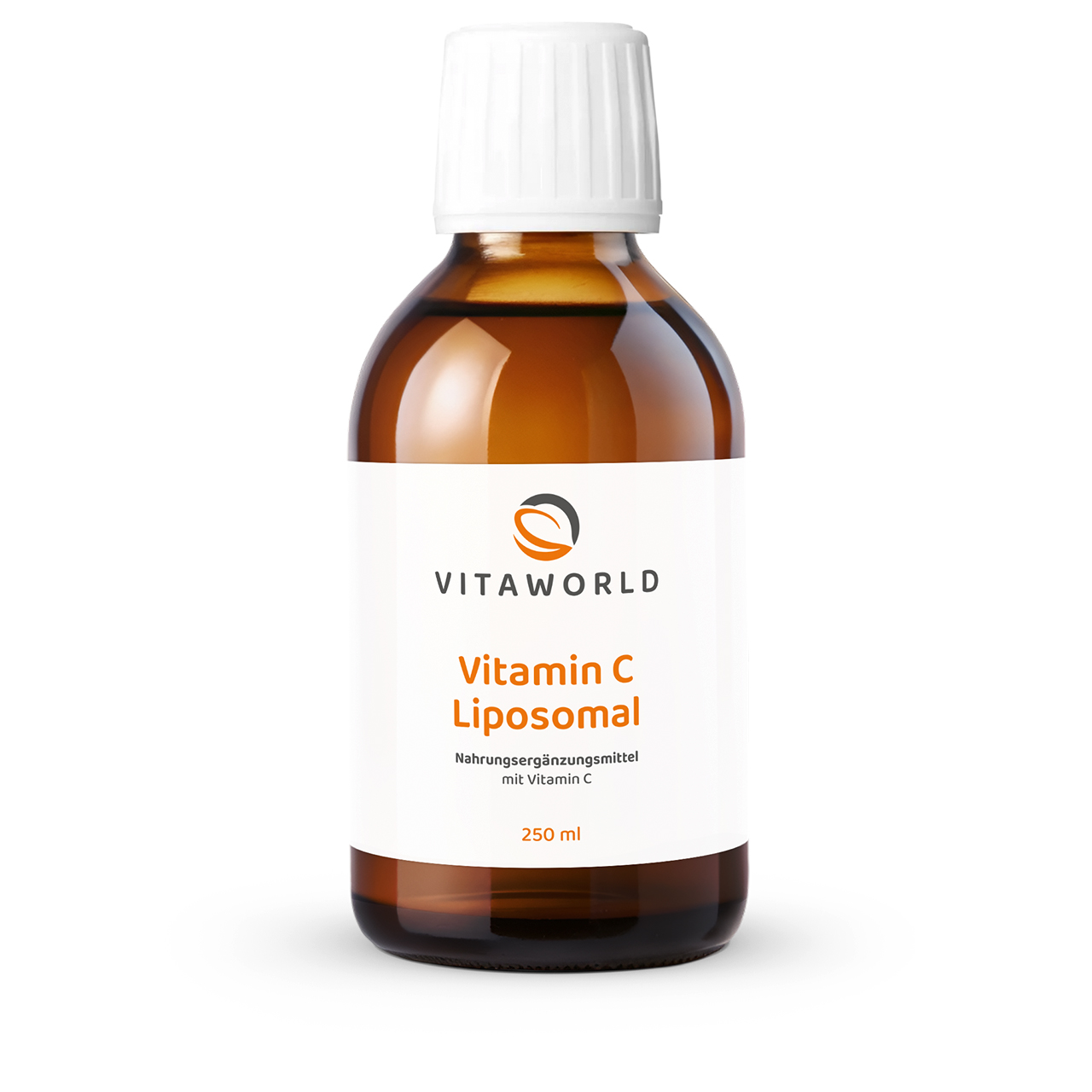
- High-dose vitamin C (1000 mg daily) – supports the immune system and cell health in a natural way
- Maximum bioavailability through liposomal technology – for up to 24 hours
- Innovative liposomal production in Germany – for optimal nutrient absorption
Content: 0.25 Liter (€103.60 / 1 Liter)
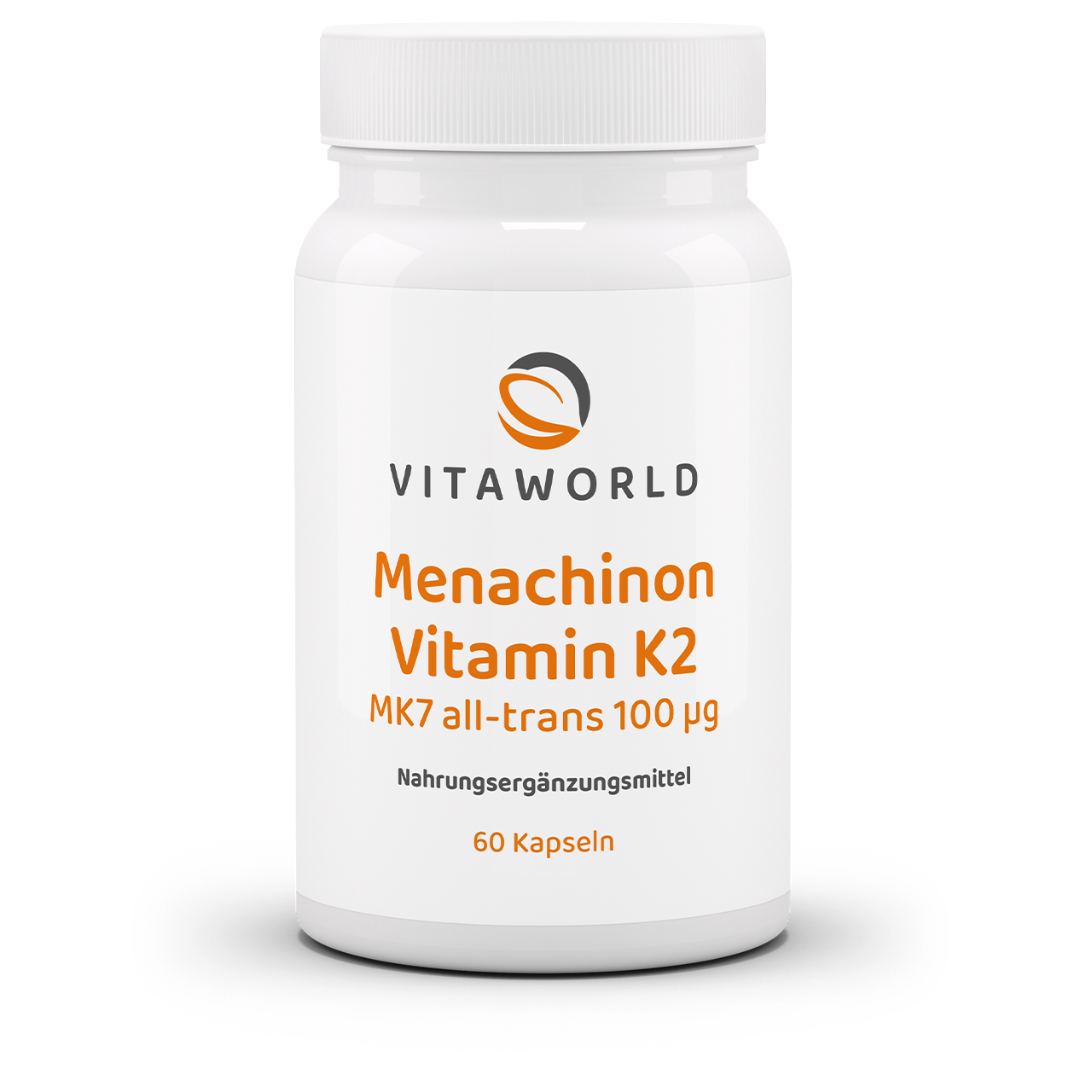
- All-trans MK7 from plant sources – 100% bioavailable & active
- Vitamin K2 contributes to normal bone maintenance & blood clotting
- High-quality production from geraniol & farnesol – pure & well tolerated
Content: 0.0183 Kilogramm (€65,027.32 / 100 Kilogramm)

- Developed for people who consciously avoid vitamin K and iodine
- With 17 selected vitamins and minerals
- Comprehensive supply from A to Z
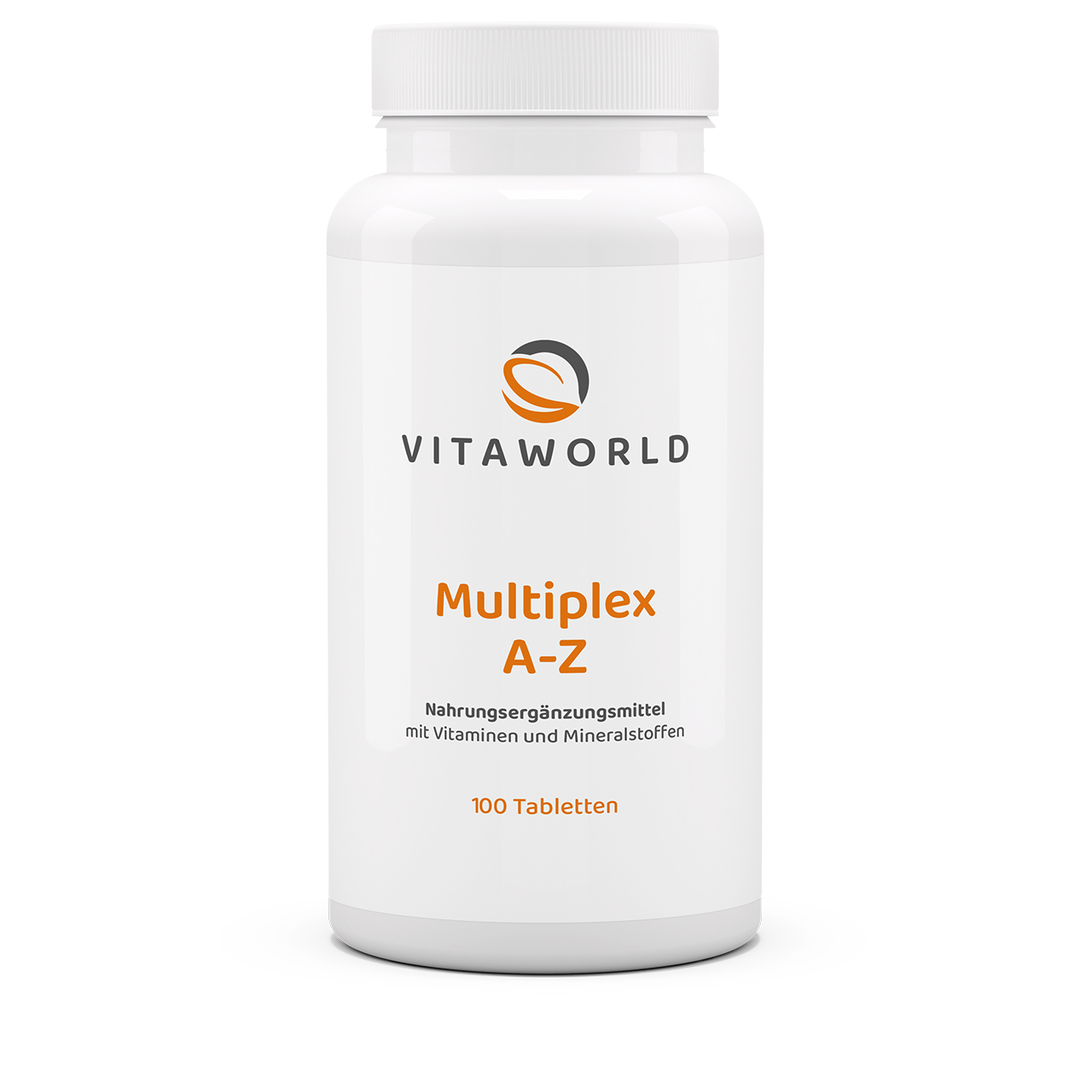
- With 24 carefully balanced vitamins, minerals and trace elements
- Contains all essential micronutrients – from A to Z
- For your daily all-round care – ideal for everyday use and when you need a little extra
Content: 0.0125 Kilogramm (€1,192.00 / 1 Kilogramm)
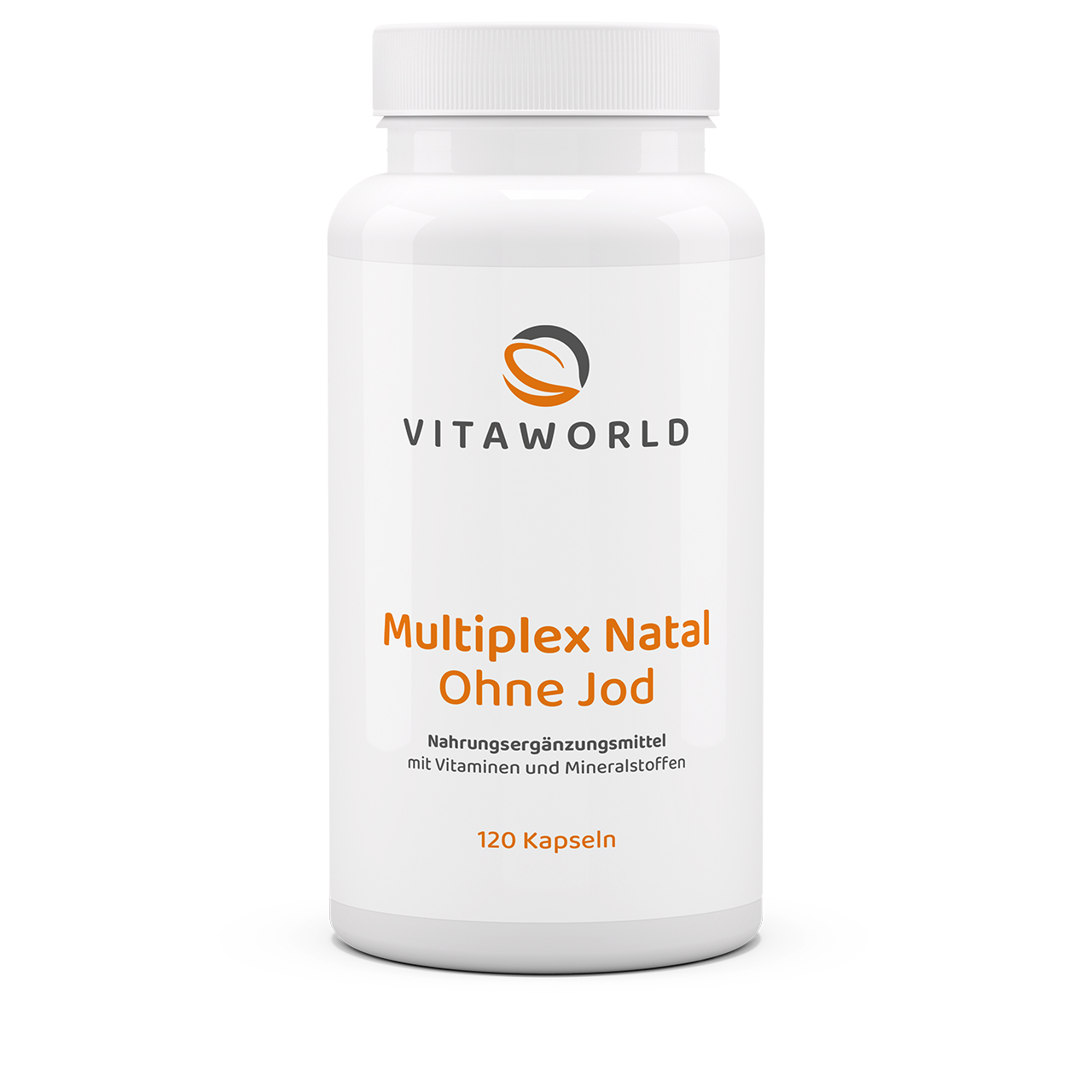
- With 17 selected vital substances – without iodine & vitamin K, specifically tailored
- Folic acid contributes to the growth of maternal tissue during pregnancy
- Developed for the special needs of pregnancy – gentle & effective
Content: 0.0555 Kilogramm (€268.47 / 1 Kilogramm)
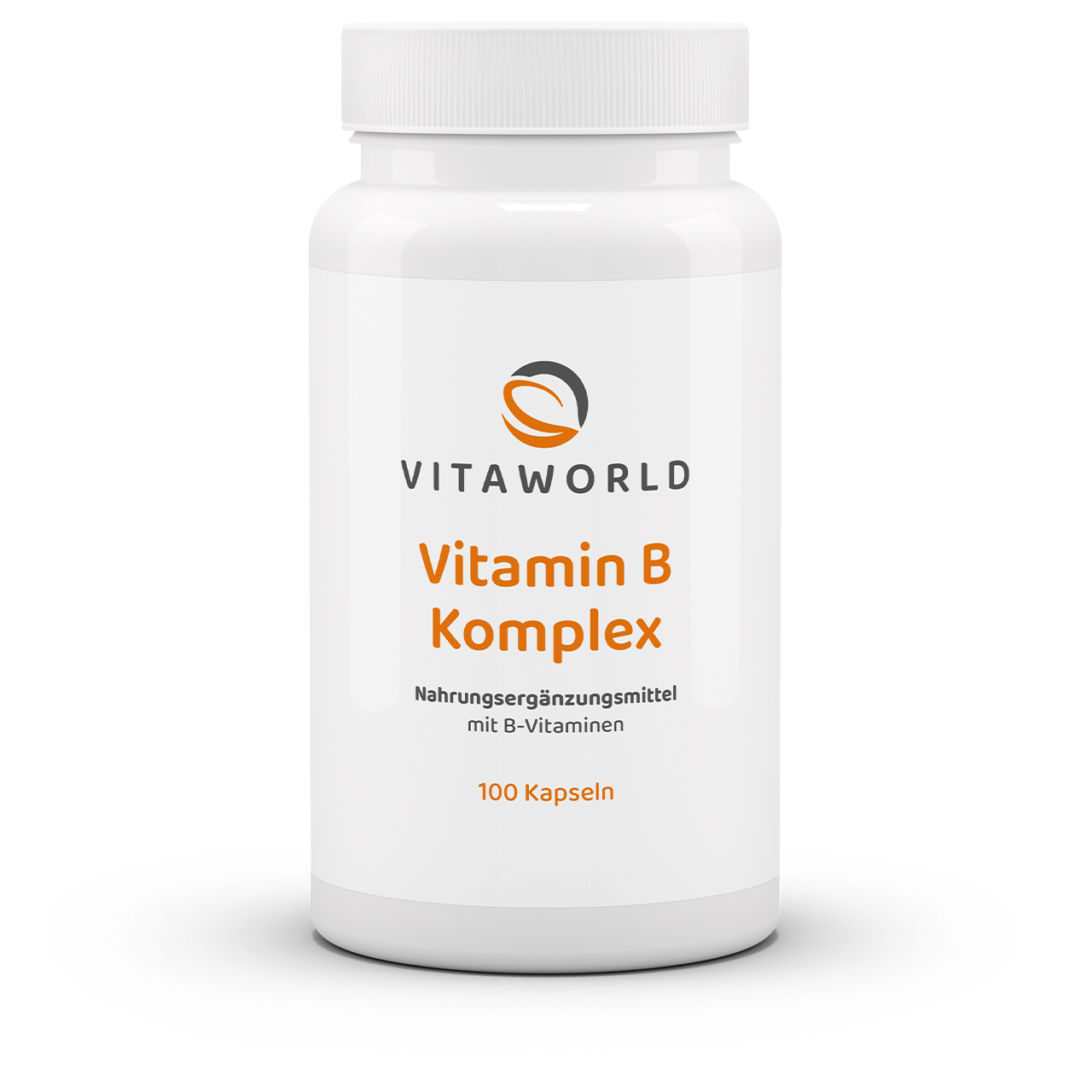
- All 8 B vitamins in one capsule – ideally combined & high dosage
- Supports energy production, cell metabolism & nerve function
- For times of high demands – physically and mentally
Content: 0.0413 Kilogramm (€263.92 / 1 Kilogramm)
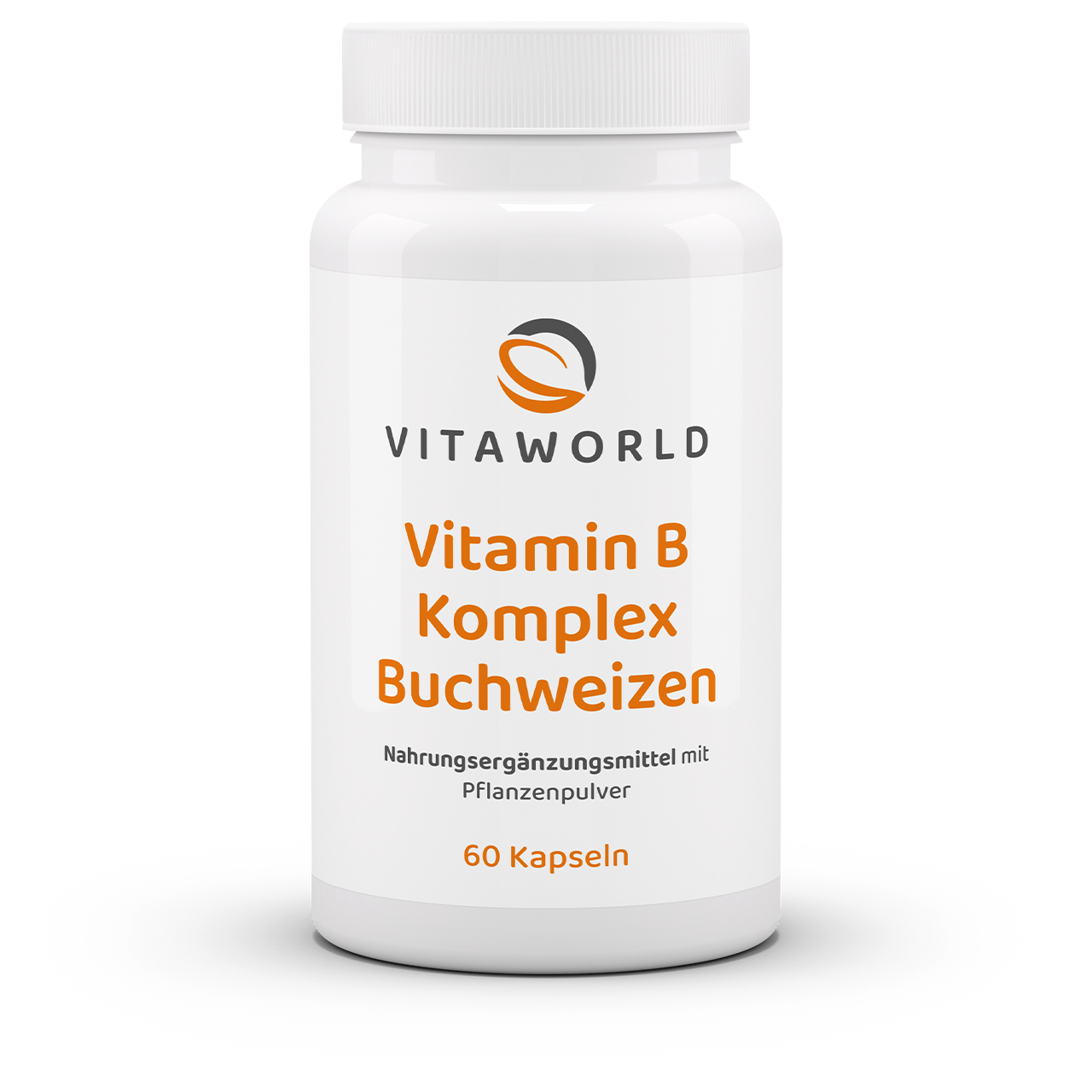
- All 8 B vitamins from natural buckwheat – based on the brand-name raw material Cultavit®
- Plant-based, vegan & easily digestible
- Supports energy, nerves & the immune system
Content: 0.0432 Kilogramm (€460.65 / 1 Kilogramm)
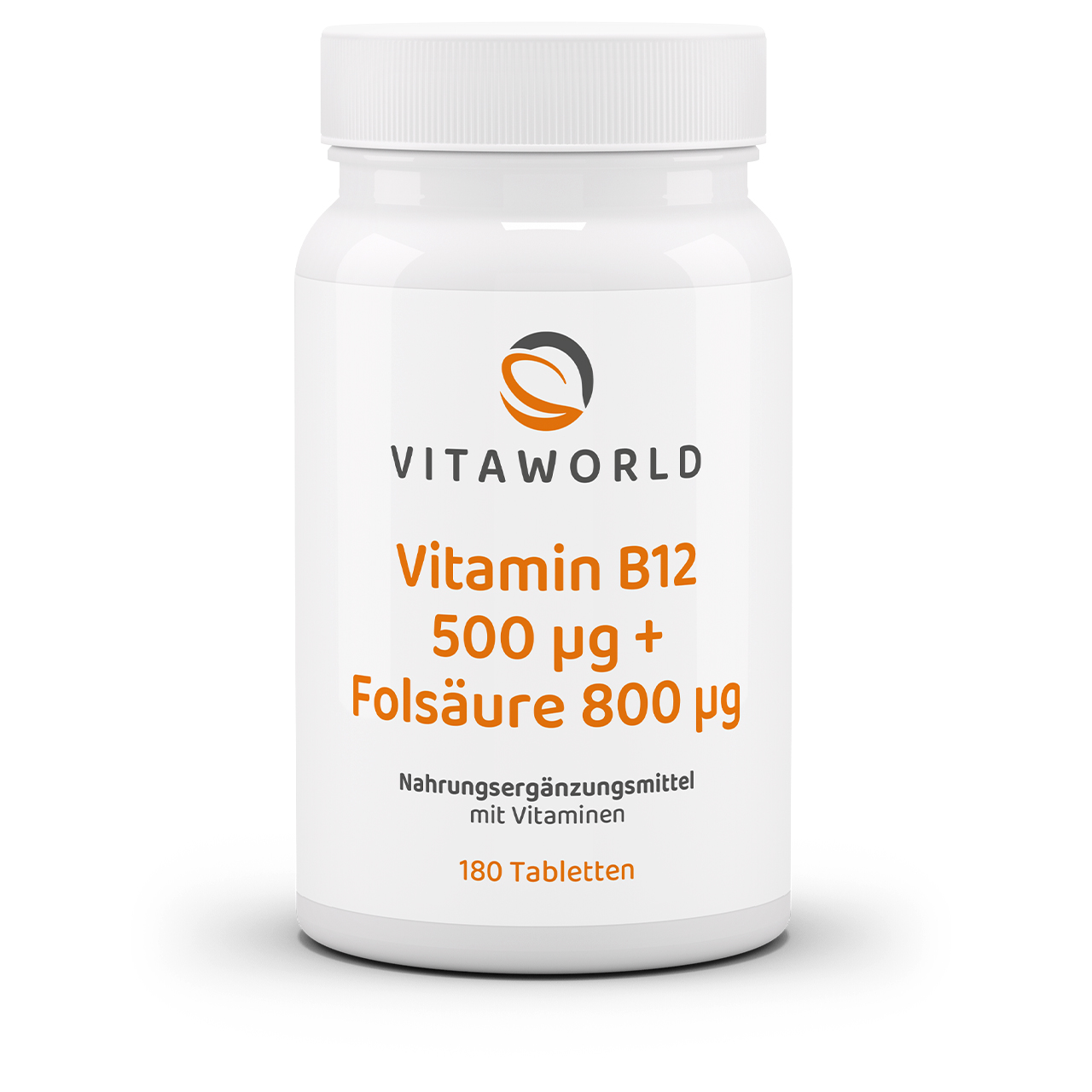
- Targeted supply of high doses of B12 and folic acid
- Contributes to normal homocysteine metabolism
- For the immune system, energy balance and mental balance
Content: 0.054 Kilogramm (€312.96 / 1 Kilogramm)
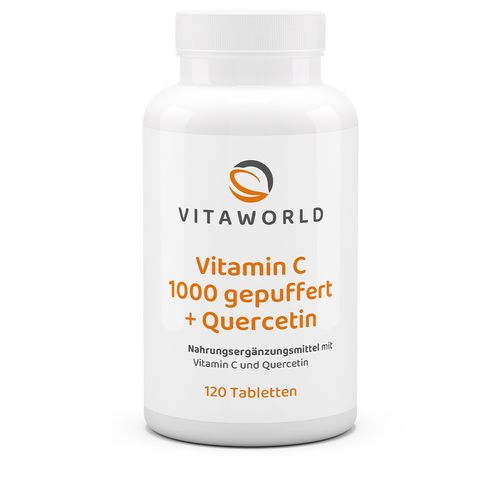
- Gentle on the stomach – thanks to buffered vitamin C from calcium L-ascorbate
- With natural quercetin from the pagoda tree – perfectly combined
- For the immune system and antioxidant cell protection – day after day
Content: 0.162 Kilogramm (€166.05 / 1 Kilogramm)
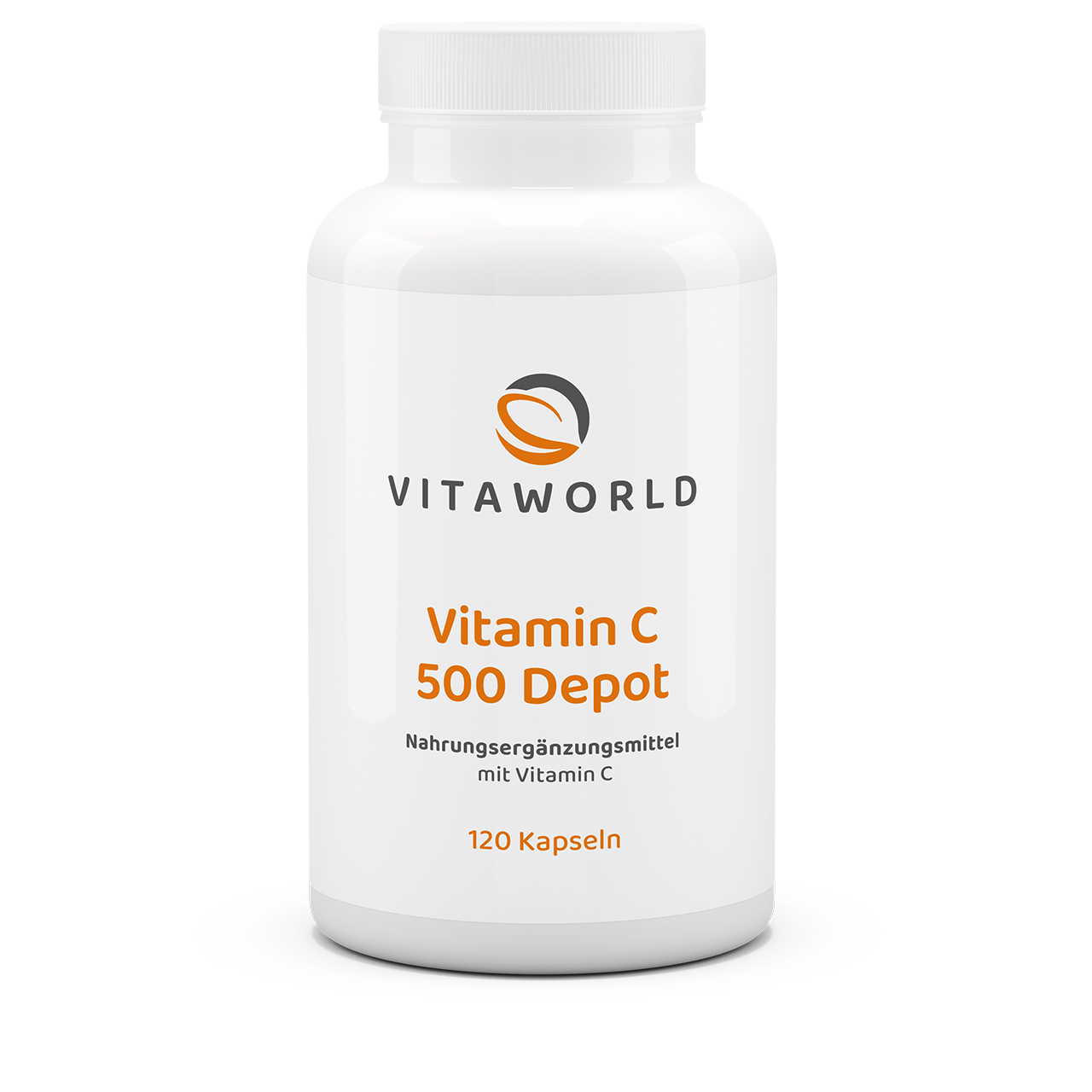
- Depot-coated vitamin C – for long-lasting supply
- Supports the immune system, cell protection and energy balance
- High dosage – ideal for your daily vitamin routine
Content: 0.0896 Kilogramm (€155.13 / 1 Kilogramm)
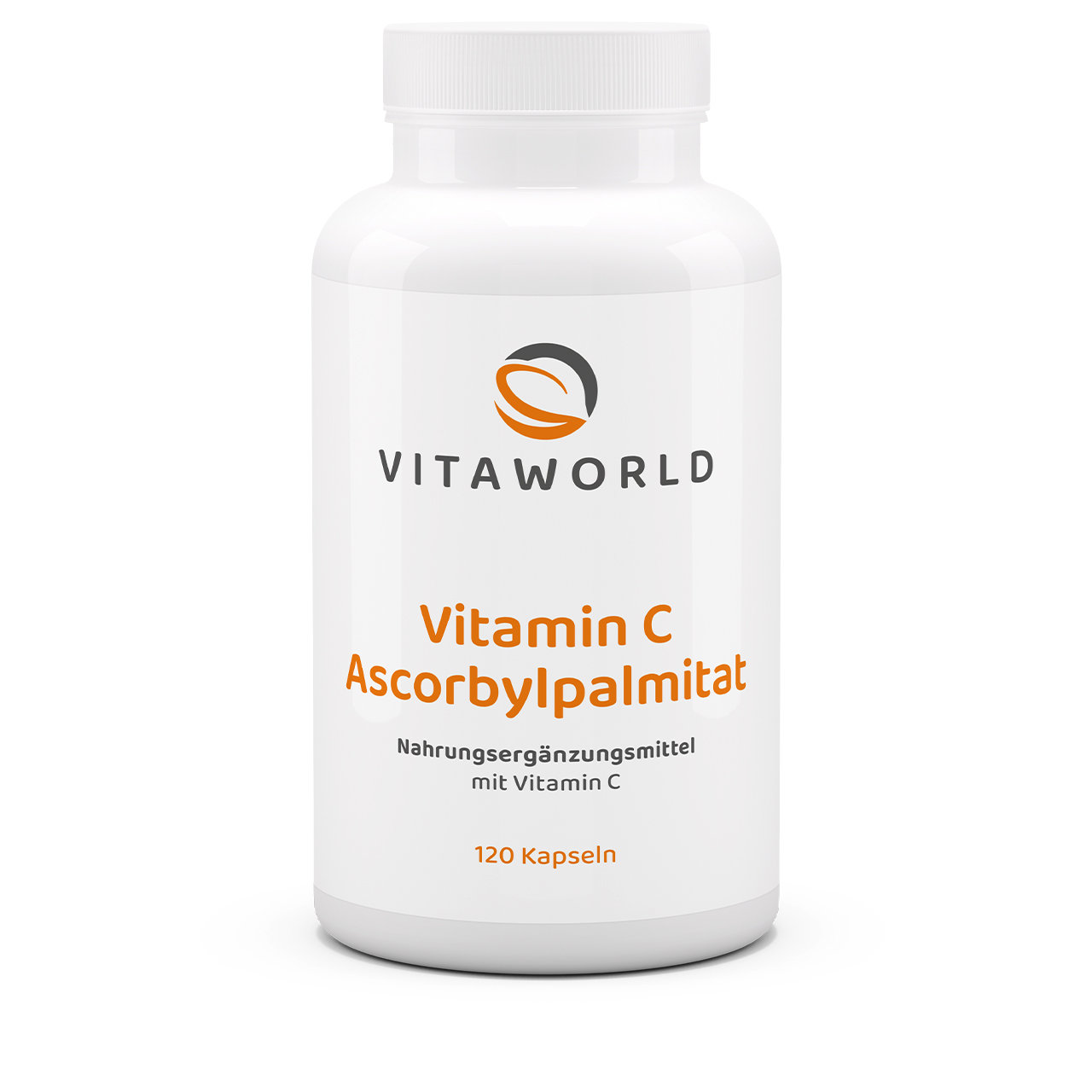
- Gentle & well tolerated: Ideal for sensitive individuals – no acidity in the stomach
- Fat-soluble for better absorption: Supports cells where water-soluble vitamin C cannot reach
- Daily supply made easy: 200 mg of pure vitamin C per capsule from 500 mg of ascorbyl palmitate
Content: 0.0936 Kilogramm (€212.61 / 1 Kilogramm)
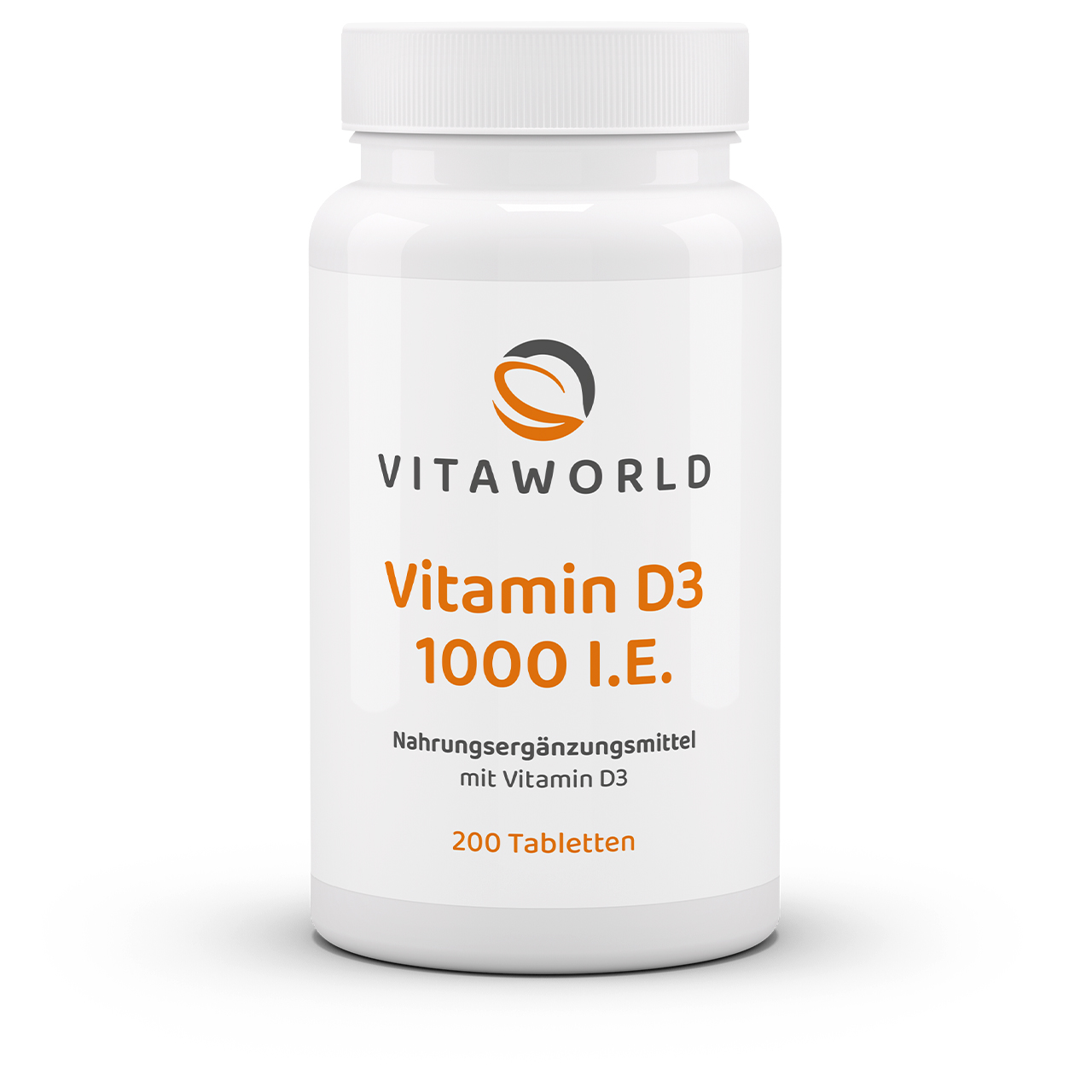
- Small, easy-to-dose tablets – ideal for daily use
- Contributes to maintaining normal bones, muscles and the immune system
- The sun vitamin – valuable during periods of low light
Content: 0.0276 Kilogramm (€322.46 / 1 Kilogramm)
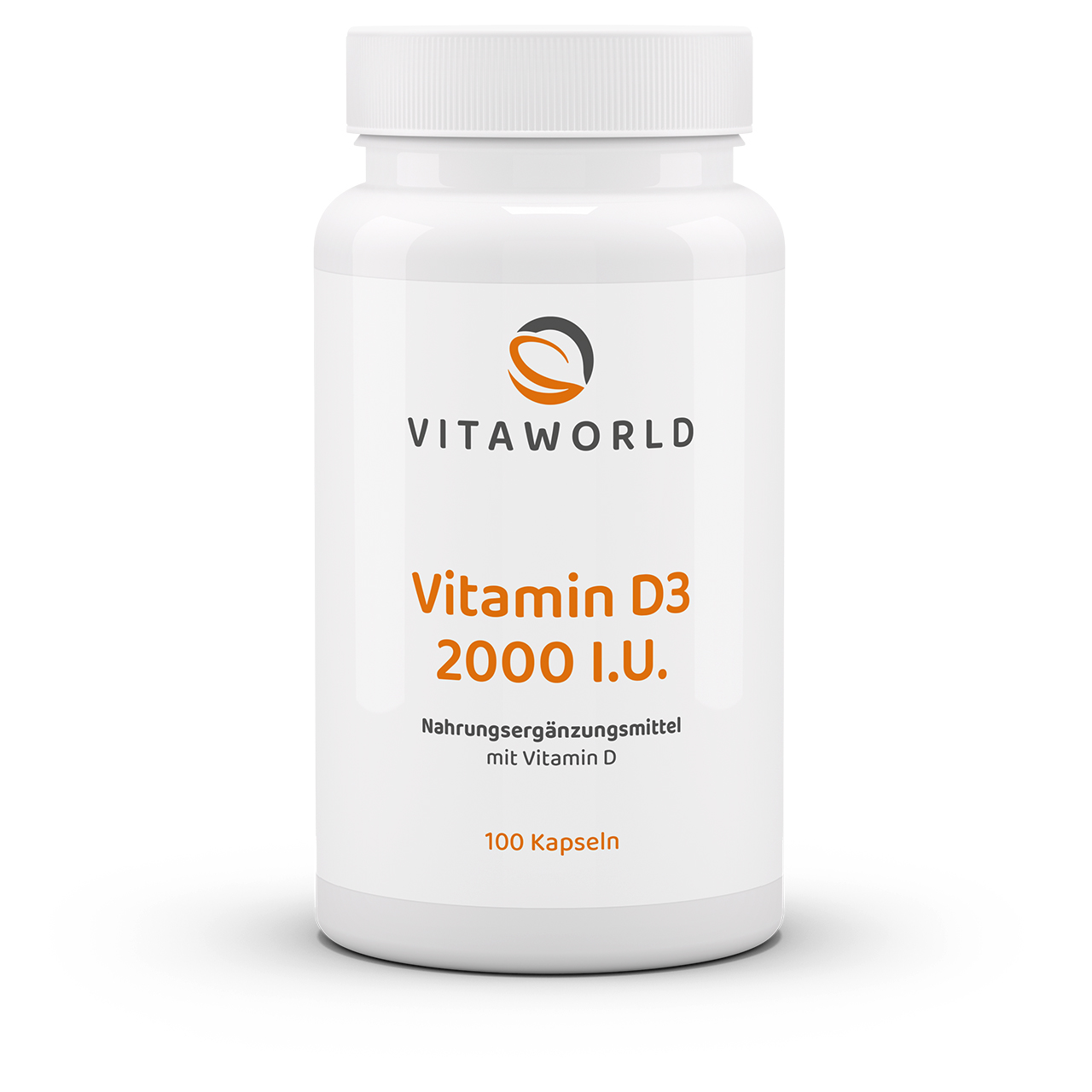
- Practical dosage – ideal for your daily vitamin D routine
- Contributes to the maintenance of normal bones, muscles and the immune system
- The sun vitamin – valuable in times of low light
Content: 0.028 Kilogramm (€389.29 / 1 Kilogramm)
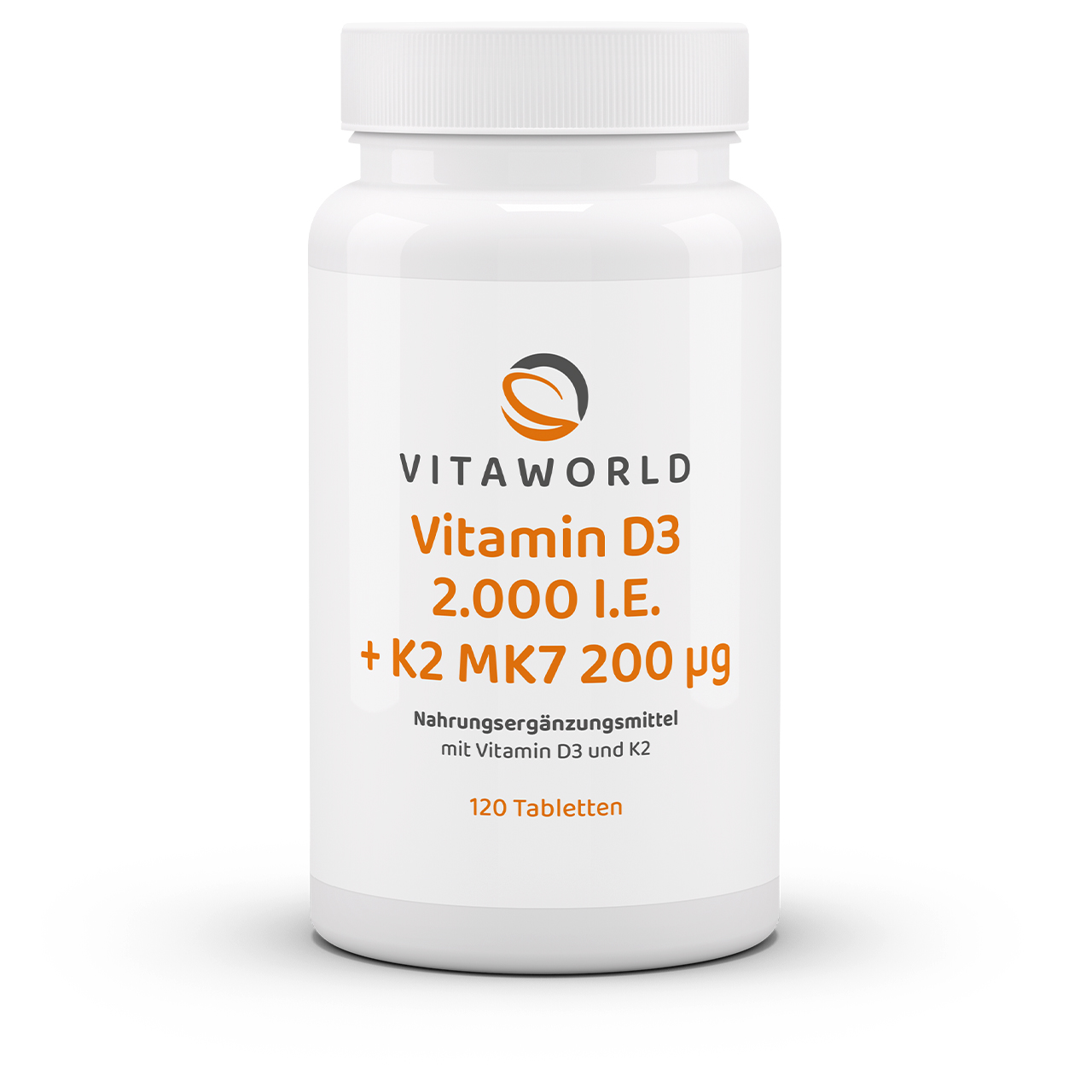
- D3 & K2 – a powerful duo for bones and balance
- For a strong immune system and active days
- Helps you stay mobile and active
Content: 0.0158 Kilogramm (€1,196.20 / 1 Kilogramm)
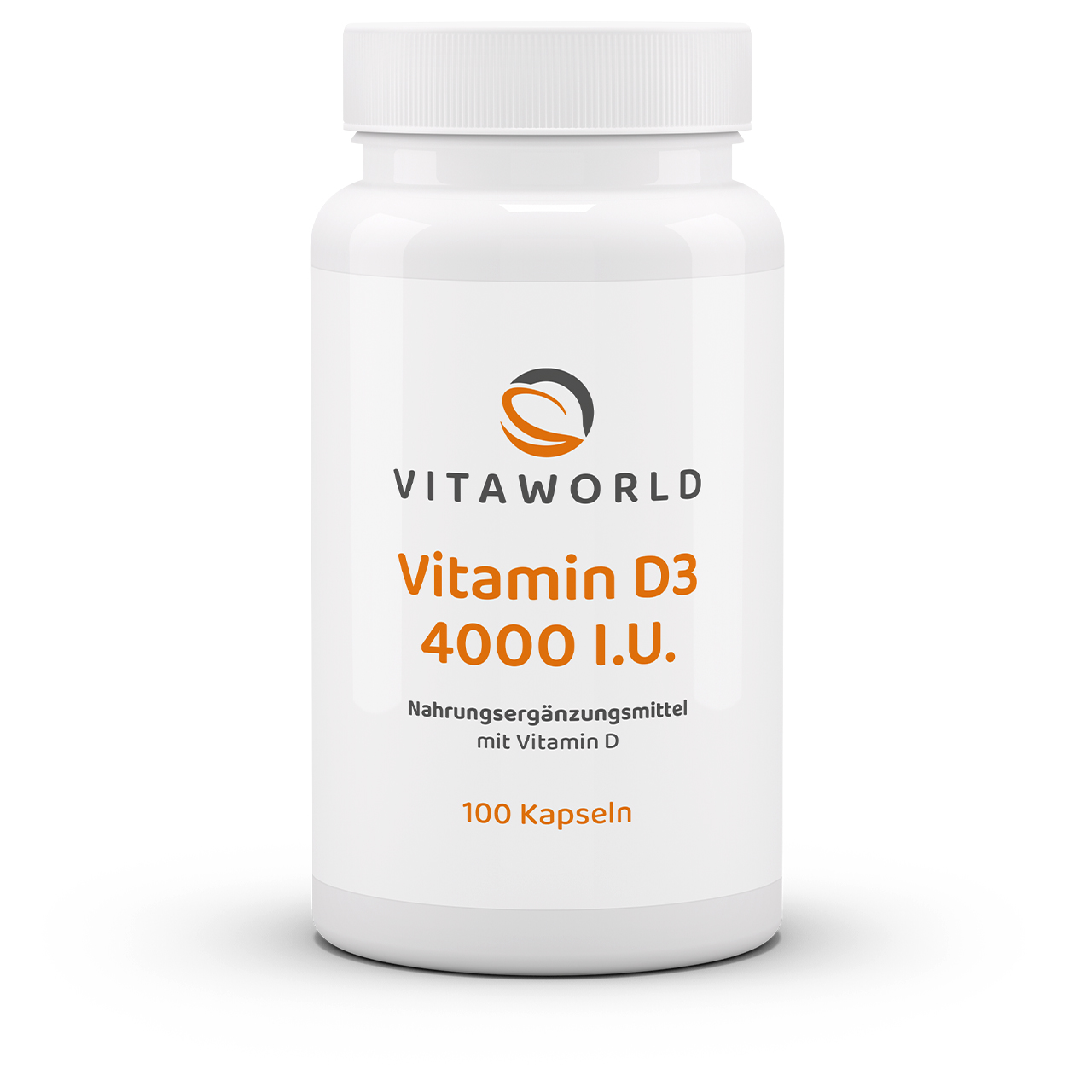
- Practical dosage – ideal for your daily vitamin D routine
- Contributes to the maintenance of normal bones, muscles and the immune system
- The sun vitamin – valuable in times of low light
Content: 0.0215 Kilogramm (€693.02 / 1 Kilogramm)
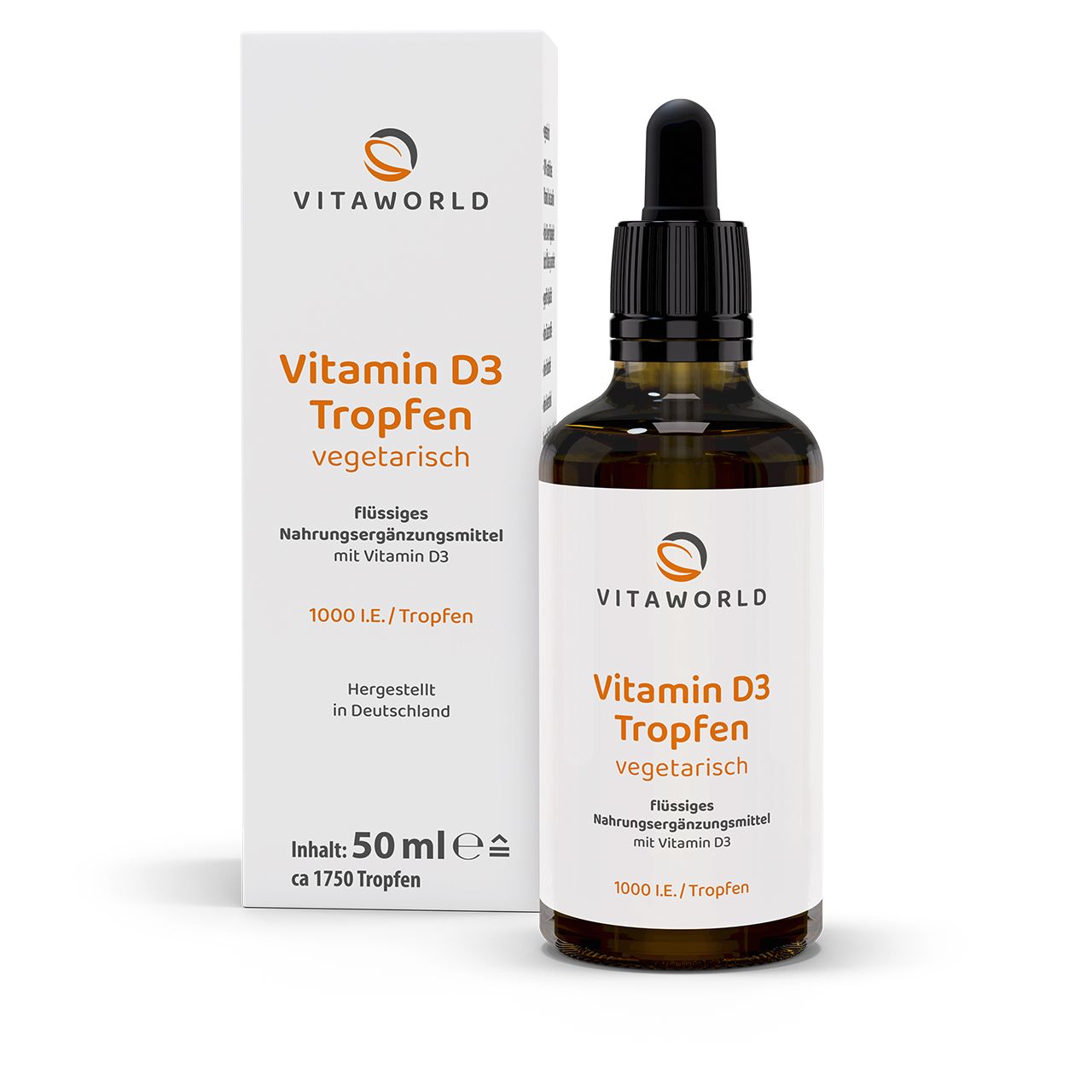
- Liquid D3 in MCT oil – easily absorbed & neutral taste
- Individually dosable – flexible for everyday use
- Coconut-based MCT oil – neutral taste & easily digestible
Content: 0.05 Liter (€398.00 / 1 Liter)
